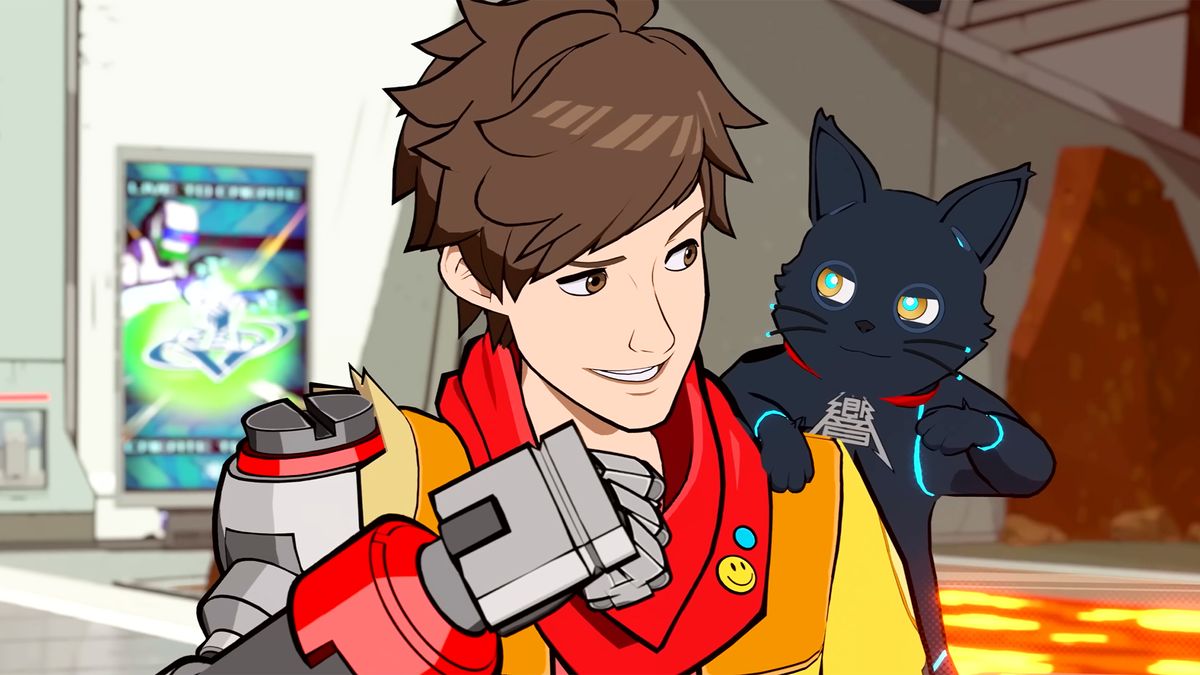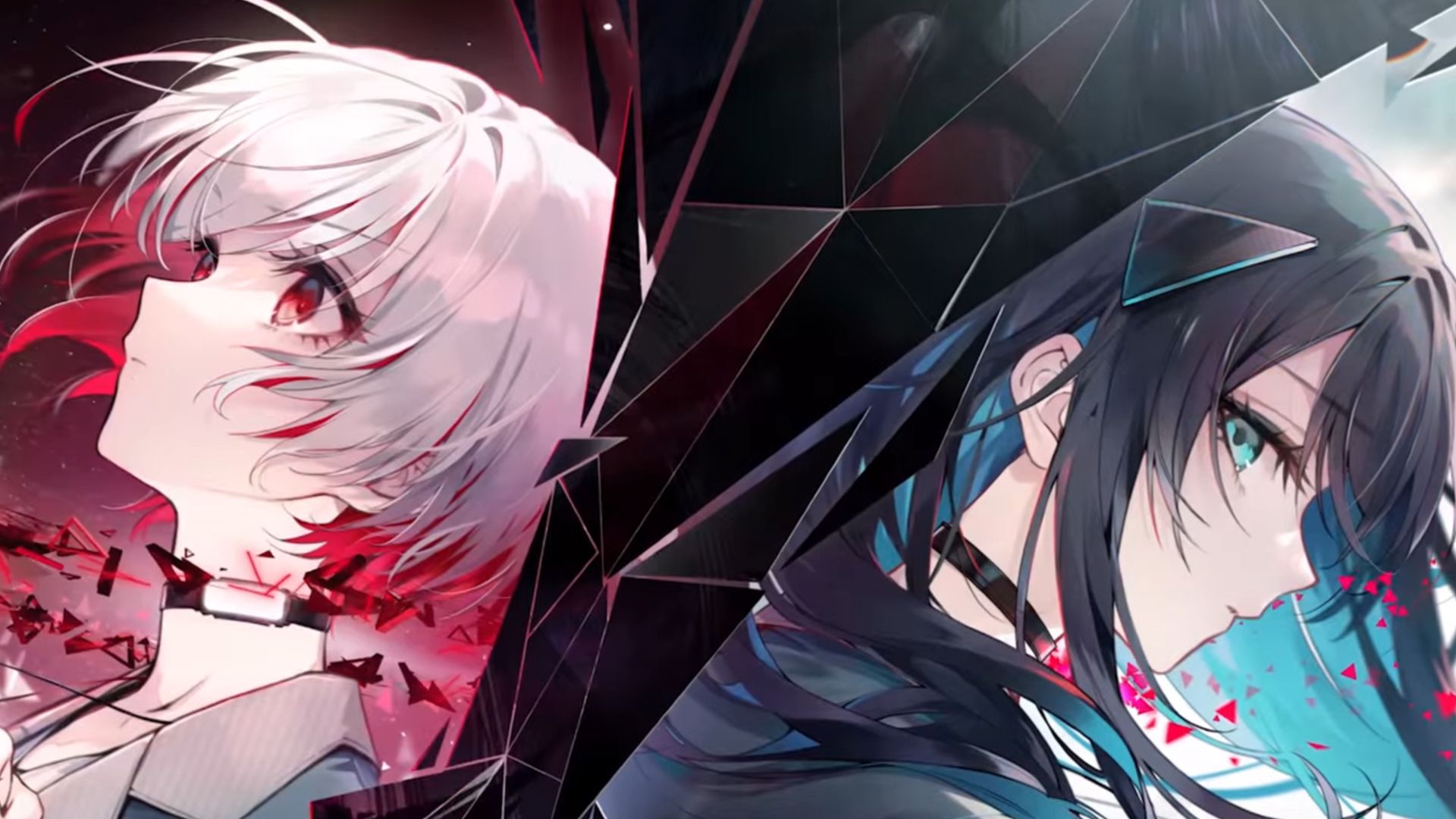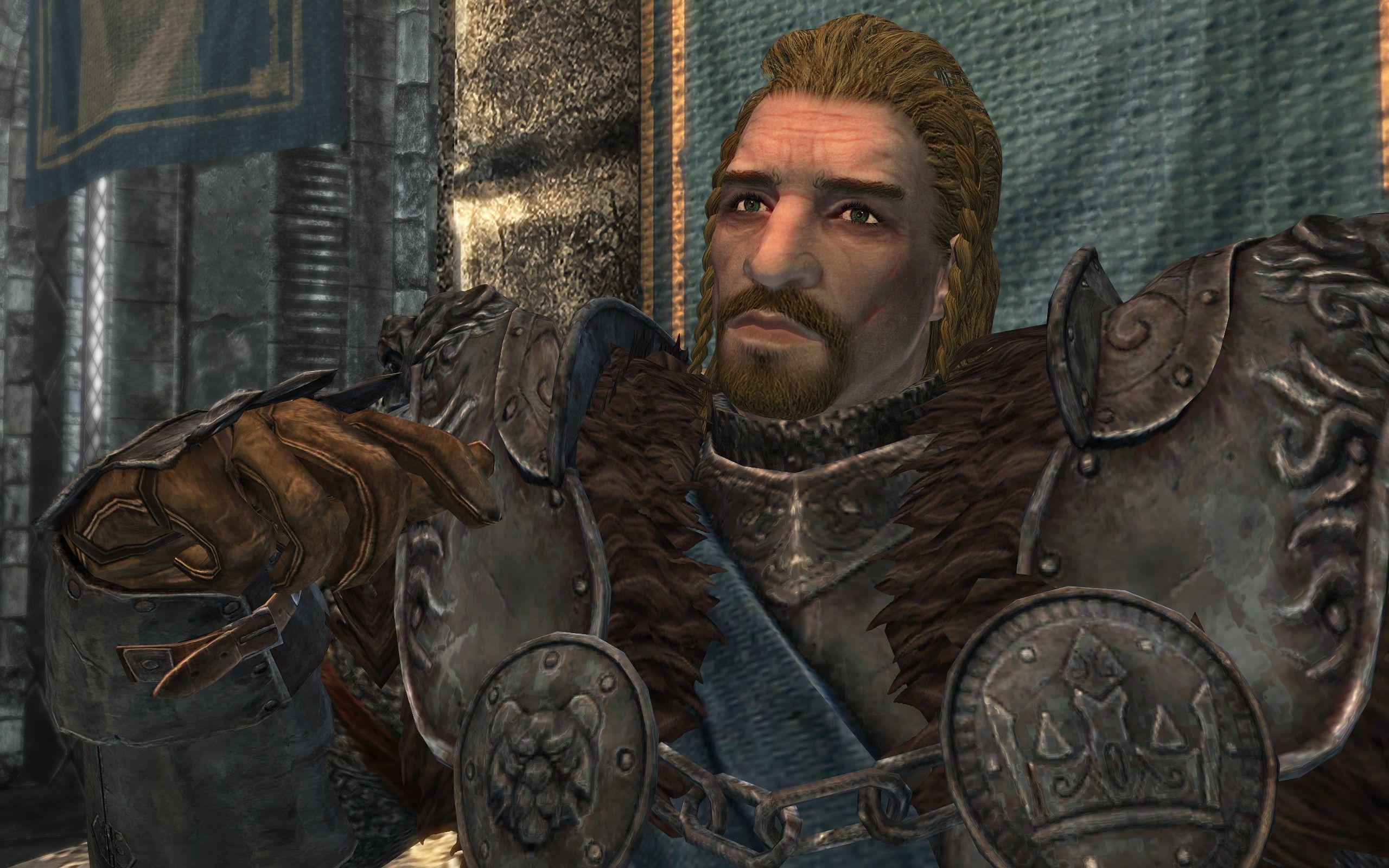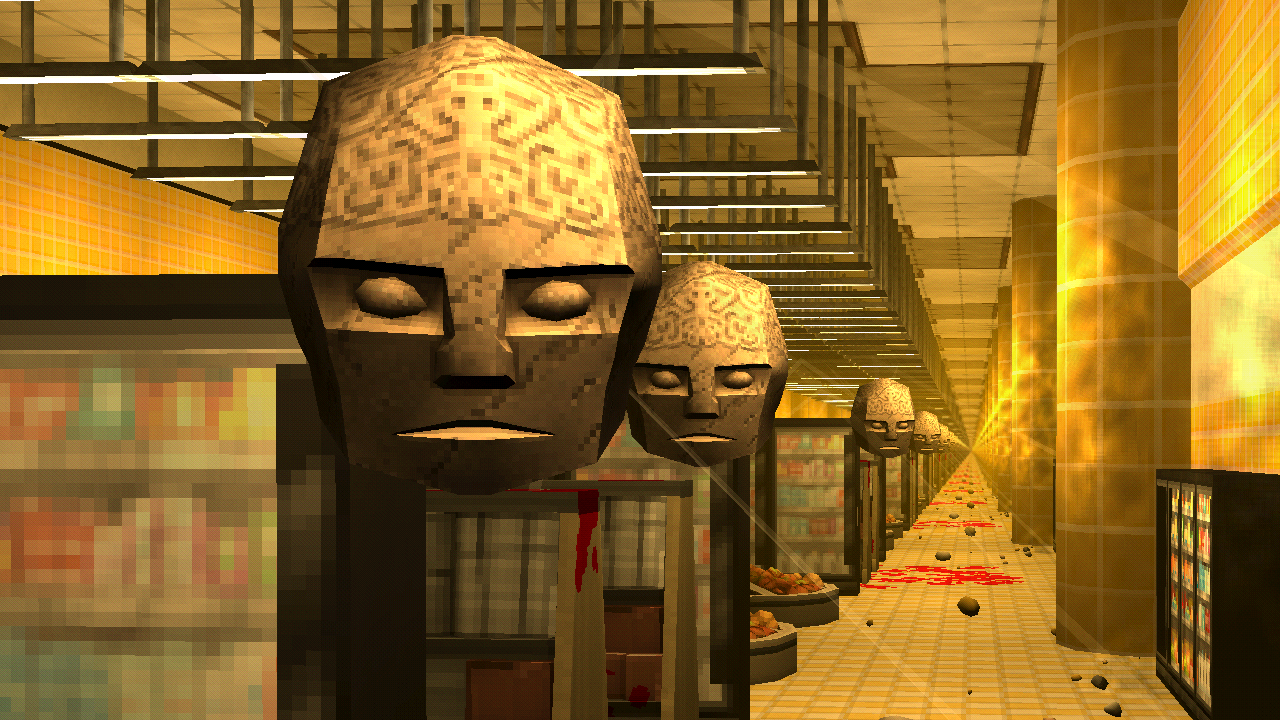I think it would take a time traveler to be able to predict Microsoft dropping a killer rhythm action game minutes after its recent livestream. Until yesterday, or last month for rumor watchers (opens in new tab), nobody knew Hi-Fi Rush (opens in new tab) existed except the people who’ve been working on it. Tango Gameworks, a Japanese studio best-known for horror games like The Evil Within and Ghostwire: Tokyo, knocked on our door and handed us a shockingly fun action game where you mash buttons to the beat. We didn’t even have time to get hyped (or impatient) waiting for it.
Hi-Fi Rush is the mid-2000s game you’d find sitting on a Blockbuster shelf with a beaten up case. You bring it home because the pitch—a rhythm action game that’s sort of like Devil May Cry except every single swing syncs up to the beat—sounds rad as hell. It’s a bit of a risk, but one weekend with it couldn’t hurt.
Hi-Fi Rush is, in fact, rad as hell and maybe one of the best rhythm action games I’ve played.
If it wasn’t as committed to its music, Hi-Fi Rush could have easily fallen way too deep into a mid-2000s trope-filled pit. The main character, Chai, wants to be a rockstar and spends the opening hour quipping at the camera like he’s been written by a Joss Whedon fan or fell out of another version of Forspoken. But once his side-shaved sidekick Peppermint rolls in to be a foil to his annoying Boy Protagonist attitude, the game turns on the charm.
Hi-Fi Rush looks like a typical third-person action game, like if Bayonetta had a soundtrack with Nine Inch Nails and The Joy Formidable (opens in new tab). Chai darts around the screen, dodging robot lasers and performing multi-hit combos. Each arena fight is scored based on how creative you are with his big list of moves and how closely you match the beats of the licensed songs that give the game its energy.
If you mess the timing up, the only punishment is a break in your flow and a ding to your score.
Everything moves with the beat. Every step Chai takes and every pipe and platform in the industrial levels bounce at the same time the drums do in songs like The Black Keys’ Lonely Boy (opens in new tab). Hi-Fi Rush goes out of its way to make its world and characters move like an animated music video. It’s an impressive stylistic choice that amplifies its somewhat messy cel-shaded-and-halftones aesthetic and gives you a nice visual indicator during the frantic battles (you can also turn on an optional rhythm guide at the bottom of the screen).
In a similar way to Spider-Verse having young Miles Morales web swing at half the FPS of the experienced Peter Parker, Hi-Fi Rush transforms a clever novelty into a vibe. Light and heavy attacks do more damage and can be turned into combos as long as you stay on time with the song. The enemies obey the same rules, too: their attacks always land on a beat and are telegraphed with an MMO-style shape on the ground to indicate when you should dodge. Light attacks are mostly spammable for every beat, but heavy attacks have a longer animation that spans two beats.
That small pause while you watch Chai do an over-the-head smash with his Flying V guitar tests your ability to keep time in your head and rewards you with a powerful finishing move if you nail the timing. And if you mess it up, the only punishment is a break in your flow and a ding to your score.
Eventually Hi-Fi Rush piles a ton of different combos on you that each require a mixture of mashing your attacks to the beat and waiting for one before you attack again. Once you’re dropped in a room with five or six enemies, it becomes a satisfying challenge to maintain your pace while interrupting it to dodge away or call on Peppermint to blast enemies as you reposition.
The linear levels that connect each combat arena are considerably less interesting, but are a nice break from the focus required for the brawls. There are crates to smash, upgrades to find, and the occasional robot to chat with. At times Hi-Fi Rush’s extremely modest level design reminds me of Kingdom Hearts. Like a lot of the Disney-themed levels you explore as Sora, Donald, and Goofy, Hi-Fi Rush’s big evil factory is exaggerated and nonsensical in a way that would fall apart if you scrutinize it too much. It works by cartoon logic, where everything is bold and over-the-top and mostly a way to carry you to the next big fight or cutscene.
If Hi-Fi Rush is any indication of future games Microsoft aims to publish on Game Pass (opens in new tab) (and Steam (opens in new tab)) without preamble, it’ll be hard not to recommend signing up. Surprise launches are understandably rare for games of this size and scope, but coming from a publisher that tends to focus on massive, full-price games, it does a lot to help something that could feel a little dated feel like a treat instead.
Hi-Fi Rush is a joy and a compelling argument for more game releases being treated like a Beyoncé album drop than a years-long marketing campaign.






